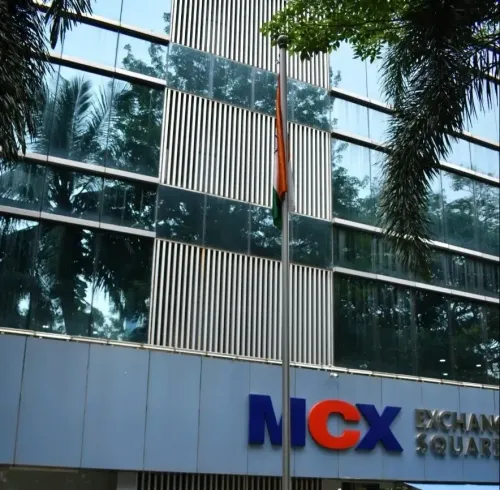Will the Health Ministry's Amendments Transform Drug and Clinical Trials?

Synopsis
Key Takeaways
- Streamlined processes for acquiring test licenses.
- Reduction of statutory processing time from 90 days to 45 days.
- Shift from licensing to a notification system for certain studies.
- Expected 50% reduction in license applications.
- Strengthening India’s position in global pharmaceutical research.
New Delhi, Sep 3 (NationPress) The Union Health Ministry has unveiled its intentions to revise regulations governing the pharmaceutical and clinical research sectors, aiming to facilitate ease of doing business.
According to the Ministry, the proposed changes to the New Drugs and Clinical Trials (NDCT) Rules, 2019, are designed to streamline the requirements and processes for acquiring test licenses and for filing applications related to Bioavailability/Bioequivalence (BA/BE) studies. This announcement, published in the Gazette of India on August 28, is open for public feedback.
This move highlights the government's dedication to continuous regulatory reforms in the pharmaceutical landscape.
The Ministry stated, "These amendments are part of a broader strategy for Ease of Doing Business, aimed at fostering growth within the Indian pharmaceutical sector and aligning domestic regulations with global best practices."
The anticipated changes are expected to enhance India's appeal as a destination for clinical research, solidifying its status as a global hub for pharmaceutical research and development.
One significant alteration includes transitioning the current licensing system for test licenses to a notification/intimation system.
"This means applicants will no longer need to wait for test licenses (with exceptions for a few high-risk drugs); they will only need to inform the Central Licensing Authority," the Ministry explained.
Furthermore, the statutory processing time for test license applications is projected to decrease from 90 days to 45 days.
The proposed changes aim to eliminate the existing license requirement for specific categories of BA/BE studies, allowing them to commence upon submission of a notification to the Central Licensing Authority.
These regulatory adjustments are expected to significantly benefit stakeholders by drastically reducing application processing timelines, the Ministry noted.
It is projected that this will not only decrease the volume of license applications by approximately 50 percent but also expedite the initiation of BA/BE studies, testing, and drug examination for research, thus minimizing delays in drug development and approval.
Moreover, the amendments will empower the Central Drugs Standard Control Organization (CDSCO) to enhance the allocation of its human resources, improving the efficiency and effectiveness of regulatory oversight.










